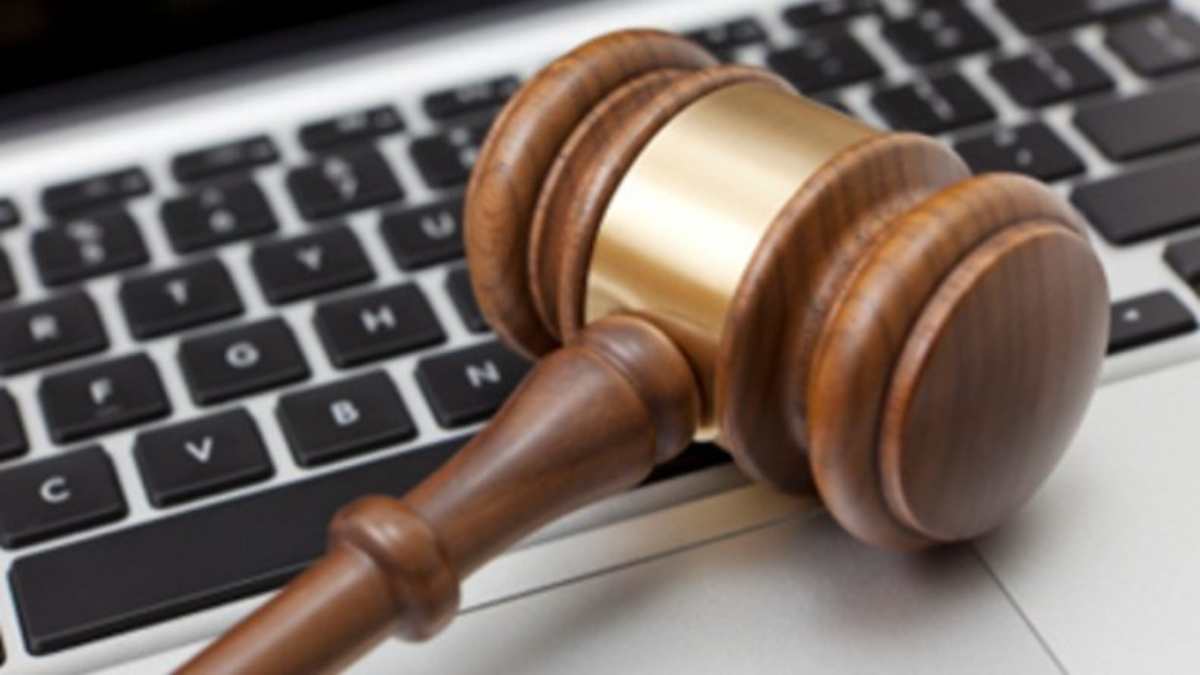
A parliamentary panel on Friday recommended continuation of virtual courts which began in March due to the ongoing Covid-19 pandemic. Headed by Rajya Sabha MP Bhupender Yadav, the Parliamentary Standing Committee on Law and Justice mentioned that “digital justice is cheaper and faster” and that the court was “more a service than a place”.
This was the first report on the impacts of Covid-19 presented by a parliamentary panel, the interim report of which was submitted to Vice-President and Rajya Sabha Chairman Venkaiah Naidu. «Virtual courts have their own shortcomings, however, they constitute advancement over the existing system, and therefore, on the overall, they are worth embracing. It is time, the courtroom, which is often regarded as the last bastion of antiquated working practices, opens its doors to the latest technology,” the panel stated.
A press note released by the panel said,” The parliamentary panel strongly pitched for virtual courts stating that digital justice is cheaper and faster besides addressing locational and economic handicaps; ensures safety of vulnerable witnesses providing testimony; expedites processes and procedures and are an improvement over traditional courts as they are most affordable, citizen friendly and offers greater access to justice.” The committee added,” In coming technology will emerge as a game changer and advocates would be required to use technological skills in combination with their specialised legal knowledge and therefore, they should keep up with the changing times.”
On the other hand, lawyers had raised their voices against the shortcomings of infrastructure for virtual court proceedings. Claims of over 50 percent of advocates not having laptops or computers were brought to light and many of them argued that the virtual court system only favoured ‘tech savvy advocates’. They also said it deprived lawyers of the opportunity to alter the course of argument based on the ‘changing dynamics of a case during a hearing’
“An advocate gets to understand the mood of the judges and stands a better chance at convincing them during physical hearings. However, online hearing creates a psychological pressure on both the advocates as well as the judges. Evidence recorded by means of video conferencing may distort non-verbal cues such as facial expressions, postures and gestures,” the advocates claimed. The parliamentary panel suggested that various Appellate Tribunals like TDSAT, NCLAT and IPAB can adapt to a system of complete virtual proceedings as they do not require personal appearances of the advocates or parties.